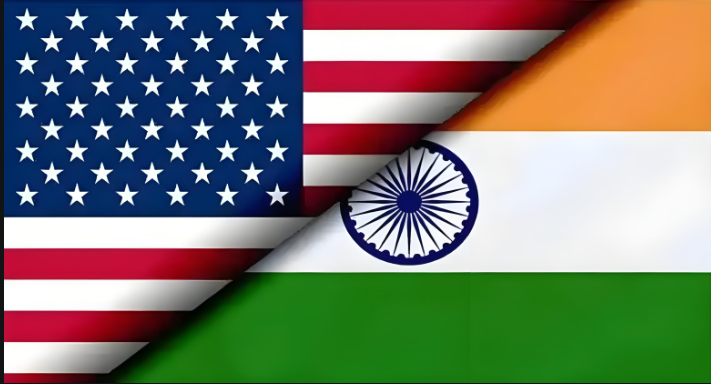NEWS & BLOG
Views: 0 Author: Site Editor Publish Time: 2025-08-29 Origin: Site
According to an announcement by the U.S. Department of Homeland Security, at 00:01 EST on August 27 (12:01 Beijing Time on August 27), the U.S. officially imposed a 50% tariff on Indian products.
The announcement stated that the tariffs would apply to "all Indian goods imported for consumption or withdrawn from warehouses for consumption." Exemptions are limited to goods already in transit, humanitarian aid, and specific reciprocal trade items.
Impacted by the tariffs, industries such as Indian leather and diamond processing have been severely hit. As U.S. clients cancel orders one after another, many factories are facing operational difficulties.
Kanpur in Uttar Pradesh, India, is a renowned leather processing hub in the country, hosting numerous factories producing leather bags and shoes. After the U.S. announced the tariff hike on Indian goods, many American clients have emailed exporters to cancel orders, leading to shutdowns at several factories entirely reliant on the U.S. market. Some operational factories are gradually shifting their products to local sales or exporting to other countries.
Azad, a leather product exporter from Kanpur, India: "All our orders with the U.S. have become void. Clients have told us to stop previous orders. One U.S. client asked us to halt supplies until the tariff issue is resolved. We received the email on August 16, and the situation is really bad now."
India’s diamond processing industry has also been impacted. As the largest export market for Indian diamonds, the U.S. accounts for one-third of India’s annual gem and jewelry exports, amounting to approximately $9 billion. According to Reuters, over 80% of the world’s rough diamonds are cut and polished in Surat, Gujarat, India.
The new U.S. tariff policy has exacerbated the already sluggish diamond export business. Some diamond processing factories are reducing rough diamond purchases, lowering inventories, cutting working hours to maintain cash flow, and even slashing prices significantly to stay operational. Meanwhile, many factories are planning to shift processing operations to countries with lower U.S. tariff rates.
On August 26, the Federation of Indian Export Organizations stated that higher tariffs would place about 55% of exports to the U.S. at a "price disadvantage," reducing their competitiveness in the U.S. market. Labor-intensive industries such as leather, chemicals, and handicrafts have seen particularly severe order cancellations, potentially leading to massive worker layoffs. The organization has called on the government to provide financial support to exporters.
Affected by the tariff news, the Indian rupee continues to depreciate against the U.S. dollar, hitting a three-week low on Tuesday. Indian stock markets have also continued to decline. On August 26, India’s Sensex 30 index fell by over 1%, marking its worst performance in three months.
Meanwhile, foreign investors are accelerating their withdrawal from the Indian market. Bloomberg data shows that foreign investors are set to net sell Indian stocks for the second consecutive month in August.
India primarily exports ready-made garments, shrimp, gems, and jewelry to the U.S. According to U.S. Department of Commerce data, U.S.-India goods trade reached $128.8 billion in 2024, with Indian exports to the U.S. amounting to $87.3 billion.

Indian exporters warn that exports to the U.S. could decline by 20% to 30% starting in September.
According to Citigroup’s estimates, the 50% tariff rate could reduce India’s annual economic growth by 0.6 to 0.8 percentage points.
Abhishek Upadhyay, Senior Economist and Chief Trader at ICICI Securities, warned that if the 50% tariff rate persists, the impact on India’s annual GDP could be as high as 1%, with broader implications for monetary policy and bond yields.
In response to the high tariffs imposed by the U.S., the Indian Ministry of External Affairs stated in a declaration: "We reiterate that these measures are unfair, unreasonable, and unacceptable." The statement also indicated that India would take all necessary actions to safeguard its national interests.
Officials from the Indian Ministry of Commerce stated that affected exporters would receive financial assistance and be encouraged to explore other markets.
Regarding future U.S.-India trade negotiations, Nadur, an analyst at consulting firm The Asia Group, noted that the prospects for India-U.S. talks would largely depend on the policy priorities of the Trump administration, including domestic U.S. affairs and international issues involving Russia.